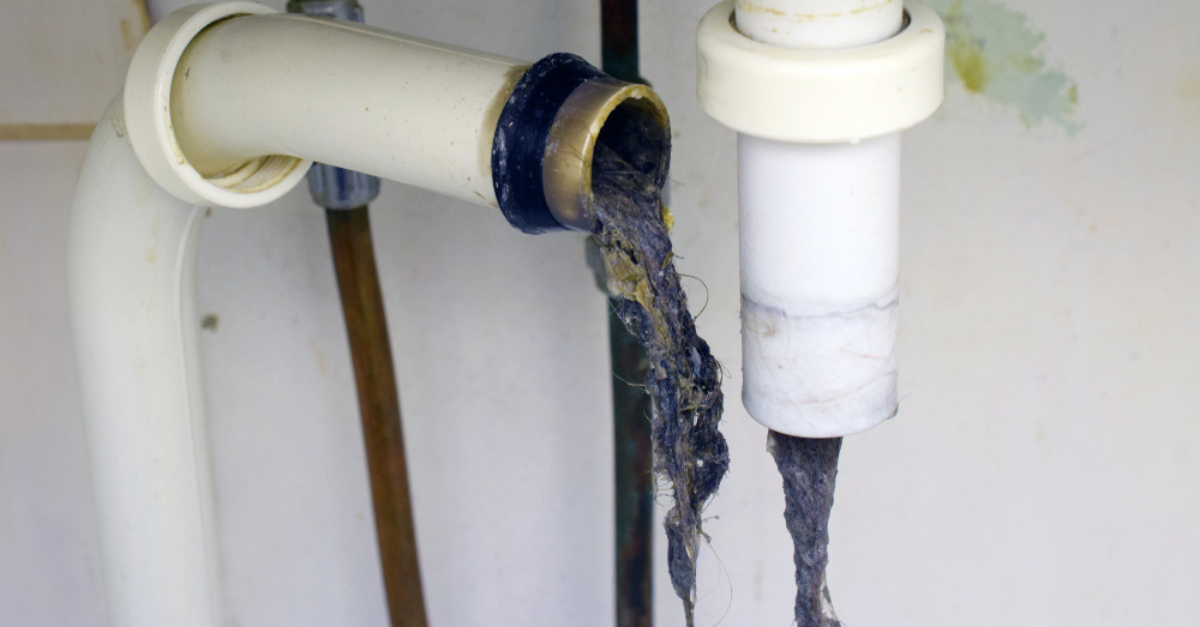The Essential Guide to Sewer Line Cleaning: Keeping Your Pipes Flowing
Sewer line cleaning is a crucial maintenance task that helps prevent costly plumbing emergencies and ensures the proper functioning of your home's wastewater system. Whether you're dealing with slow drains, frequent clogs, or unpleasant odors, understanding the importance of sewer cleaning and the available solutions can save you time, money, and headaches in the long run. This comprehensive guide will explore everything you need to know about sewer line cleaning, from common issues to professional services and DIY techniques.

What are the most common signs of sewer line problems?
Recognizing the early warning signs of sewer line issues is essential for preventing major plumbing disasters. Some of the most common indicators include:
-
Slow draining sinks, showers, or toilets
-
Gurgling sounds coming from drains
-
Foul odors emanating from drains or your yard
-
Sewage backup in toilets or floor drains
-
Wet spots or lush grass growth in your yard
-
Multiple clogged drains throughout your home
If you notice any of these symptoms, it’s crucial to address the problem promptly to avoid more severe damage to your sewer system.
Why is regular sewer line cleaning important?
Regular sewer line cleaning offers numerous benefits that can help maintain the health and efficiency of your plumbing system:
-
Prevents clogs and backups: Regular cleaning removes built-up debris, grease, and other materials that can lead to blockages.
-
Extends the lifespan of your pipes: By removing corrosive substances and reducing wear and tear, cleaning can help your pipes last longer.
-
Improves water flow: Clean pipes allow for better water flow, reducing the risk of slow drains and water pressure issues.
-
Eliminates odors: Regular cleaning helps prevent the buildup of bacteria and other odor-causing substances in your sewer lines.
-
Saves money: Addressing minor issues through regular cleaning can help you avoid costly repairs or pipe replacements in the future.
What are the most effective sewer cleaning methods?
Several effective methods are available for cleaning sewer lines, each with its own advantages:
-
Hydro jetting: This method uses high-pressure water to blast away debris and buildup inside pipes. It’s highly effective for removing tough clogs and restoring pipe capacity.
-
Snaking: A plumber’s snake or auger is inserted into the pipe to break up and remove blockages. This method is useful for smaller clogs and routine maintenance.
-
Chemical cleaning: Specialized chemicals can be used to dissolve grease, soap scum, and other organic materials. However, this method should be used sparingly to avoid damaging pipes.
-
Video inspection and cleaning: Advanced cameras are used to inspect the inside of pipes, allowing for targeted cleaning of problem areas.
-
Rooter service: This method is particularly effective for removing tree roots that have infiltrated sewer lines.
How often should sewer lines be cleaned?
The frequency of sewer line cleaning depends on various factors, including the age of your home, the condition of your pipes, and your household habits. As a general guideline:
-
For homes with no history of sewer issues: Consider a professional cleaning every 18-22 months.
-
Older homes (50+ years): Schedule cleaning every 12-18 months.
-
Homes with known pipe problems or frequent clogs: Clean every 6-12 months.
-
After major plumbing work or renovations: Schedule a cleaning to ensure debris hasn’t entered the system.
-
If you have large trees near your sewer lines: Consider annual cleanings to prevent root intrusion.
Remember that these are general recommendations, and your specific needs may vary. Consulting with a professional plumber can help determine the ideal cleaning schedule for your home.
What are some DIY sewer cleaning tips for homeowners?
While professional cleaning is often necessary, there are several steps homeowners can take to maintain their sewer lines:
-
Use enzyme-based drain cleaners monthly to help break down organic matter.
-
Avoid flushing non-biodegradable items like wipes, paper towels, or feminine hygiene products.
-
Install drain screens to catch hair and debris before they enter the pipes.
-
Pour hot water down drains weekly to help dissolve grease and soap residue.
-
Use a plunger or hand auger for minor clogs before they become major blockages.
-
Consider using a bio-clean product that contains beneficial bacteria to help break down waste in your pipes.
How much do professional sewer cleaning services typically cost?
Professional sewer cleaning services can vary in cost depending on the extent of the problem, the cleaning method used, and your location. Here’s a general overview of what you might expect to pay:
| Service | Average Cost Range | Factors Affecting Price |
|---|---|---|
| Hydro Jetting | $350 - $600 | Severity of clog, pipe length |
| Snaking/Augering | $100 - $250 | Depth of clog, accessibility |
| Video Inspection | $250 - $500 | Length of pipe inspected |
| Rooter Service | $200 - $400 | Extent of root intrusion |
| Chemical Cleaning | $150 - $300 | Type of chemical used, pipe size |
Prices, rates, or cost estimates mentioned in this article are based on the latest available information but may change over time. Independent research is advised before making financial decisions.
When selecting a sewer cleaning service, it’s essential to obtain multiple quotes and ensure that the provider is licensed, insured, and experienced in handling your specific sewer issues. Remember that while cost is an important factor, the quality of service and long-term effectiveness of the cleaning should be your primary considerations.
In conclusion, regular sewer line cleaning is a vital aspect of home maintenance that can prevent costly repairs and ensure the smooth operation of your plumbing system. By understanding the signs of sewer line problems, the importance of regular cleaning, and the available methods and costs, you can make informed decisions about maintaining your home’s sewer lines. Whether you opt for professional services or incorporate DIY maintenance techniques, keeping your sewer lines clean will contribute to a healthier, more efficient home environment.




